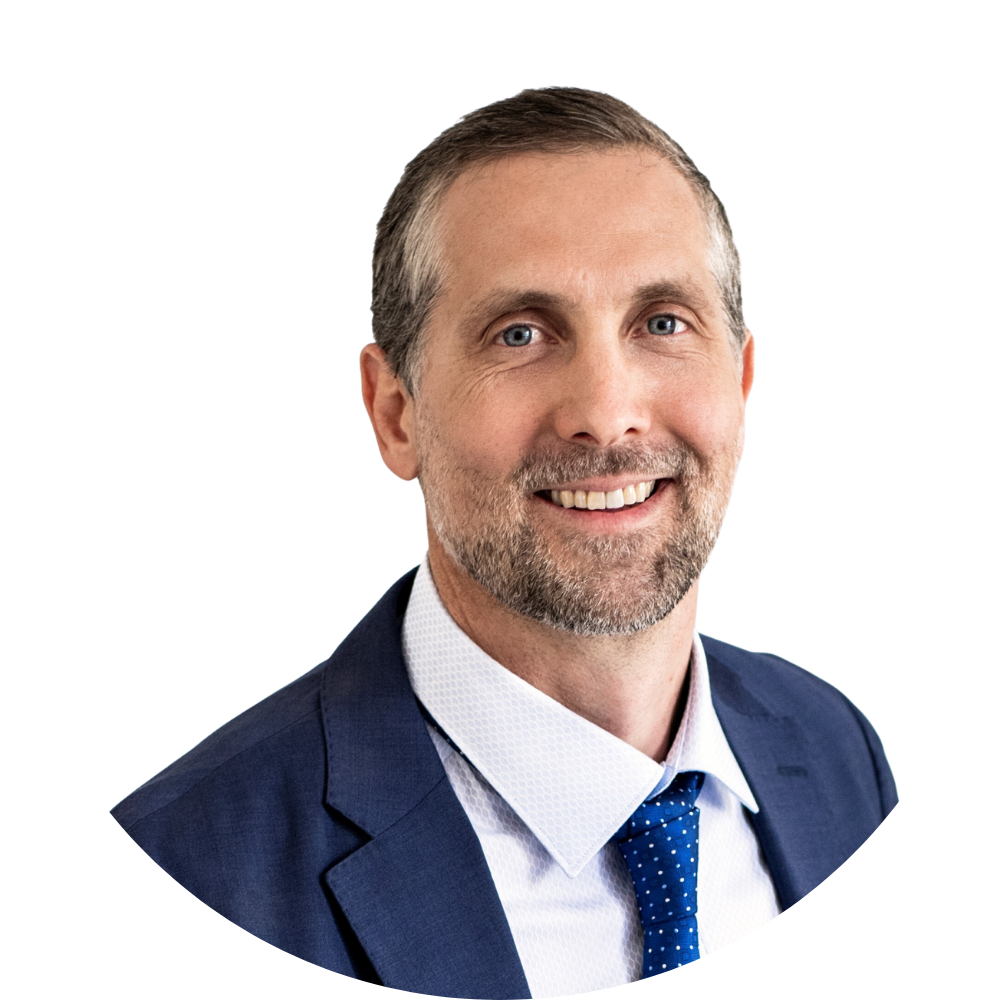Measurement & Verification
At a high level, Measurement and Verification is about considering how you will measure the success (the savings) of a BMS optimisation project before you start. In BMS land, this means building virtual meters, calculated points, trends, etc., upfront, before you make the software change, so that you can show your customer the savings that result from this specific optimisation change.
It is very difficult to go trawling through trends 6 months later to try prove that what the customer paid for actually worked. You will definitely be thinking to yourself, I wish I had thought of how I was going to prove this 6 months ago. Now you can’t, and your customer thinks they wasted their money. And no, they will not be approving your next fee proposal for control strategy optimisation.
In the BMS professional development membership, I just published 5 videos totalling about 45 minutes, discussing measurement and verification. I am sharing the last video called: How else can M&V help you?
With many of the courses, I try to end off discussing how you can leverage the new knowledge you just learnt. And in this case, I was trying to get the members thinking about how they can use M&V for more than just proving the savings to their customers.
I appreciate that this may not make complete sense, as you haven't watched the four videos before it. But I am sharing it here because I think it will give you some great ideas. I hope it helps you :-)
How else can M&V help you?
Featured - BMS Professional Development Memebership
New content published monthly.
Self-paced online training courses.
Done-for-you Microsoft Word, Excel, and Visio design templates.
Workshops.
Q&A Sessions.
Coaching and mentoring.
BMS Community forum.
No minimum commitment, cancel anytime.
Bryce Anderson
For the first 15 years of my career (1998-2013), I worked for BMS companies (2 years in South Africa, 9 years in London, and 4 years in Australia). For the next +10 years (from 2014 onwards), I have worked as a BMS specialist consultant. I originally studied instrumentation and process controls.
In my consulting business (80% of my working week), I am designing (writing specifications), reviewing BMS contractor technical submissions, witnessing and signing off BMS projects from all major BMS systems and a wide range of different BMS companies, from global tier-1 manufacturers to smaller system integrators.
This puts me in a unique situation where I have visibility into what everyone is doing. The experience I share in the membership is made up from my own personal 15 years designing BMS systems, writing software code, commissioning, service and project management (across 3 different regions), plus the best parts of what the industry is providing.
This exposure to the wider industry allows me to provide customised training courses that not only teach the technical side of the BMS, but also address current real-life issues and constraints in the Building Management System industry.
I am not just teaching you what I learnt, but the best of what everyone else is doing.
































